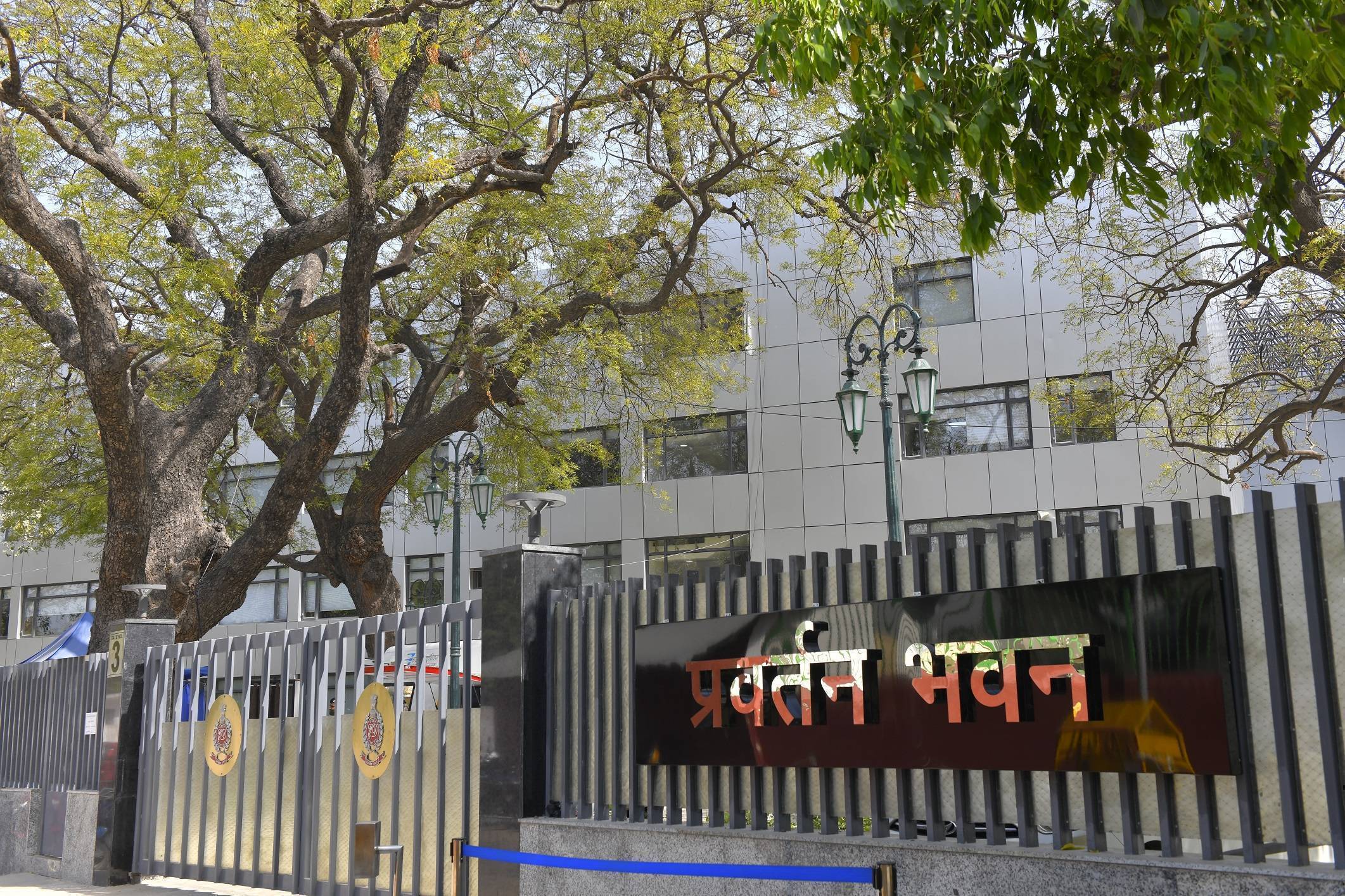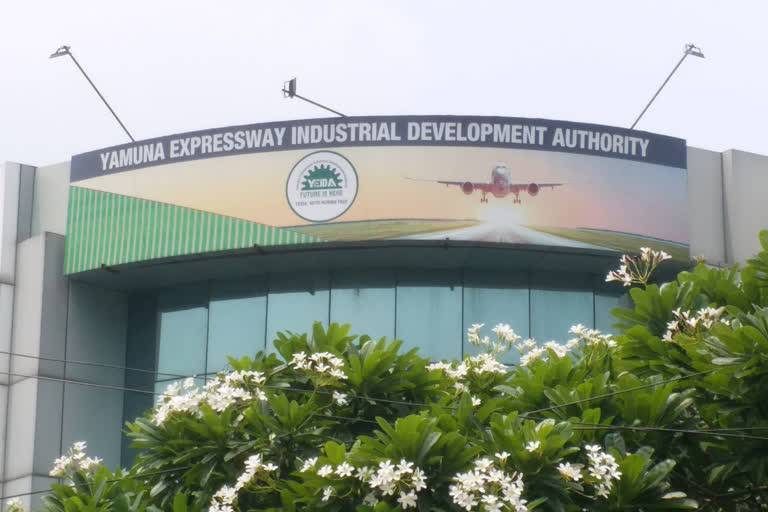In a significant action against the unauthorised exploitation of natural resources, the Curchorem police have filed a case against unknown individuals involved in illegal sand mining at Xelvona in South Goa. The operation was exposed following a formal complaint by Nathan Afonso, Mamlatdar of Quepem Taluka and head of the taluka’s flying squad.
Authorities found that over 130 cubic metres of sand had been unlawfully extracted from the Zuari riverbed. The site, hidden from plain view, was equipped with machinery tailored for high-volume dredging, including a metal canoe modified with a suction pump and several iron pipes.
Initial assessments suggest the mining operation had been active for a considerable period, with equipment indicating a systematic and organised approach to the extraction. The entire setup was designed to extract river sand rapidly and discreetly—raising concerns about the scale and possible backing of the operation.
During the site inspection, the authorities seized the extracted sand, the canoe outfitted for pumping, and all related apparatus. The monetary value of the materials and equipment confiscated is yet to be fully estimated, though preliminary observations point to a relatively high investment, signalling potential commercial intent and broader involvement.
Compounding the seriousness of the offence was the misuse of regulatory cover. The operation appeared to function under the guise of a fisheries business, which had obtained formal registration. However, the inspection revealed no evidence of any fishery-related activity. Instead, the location served purely as a base for unauthorised riverbed mining. This suggests deliberate misuse of business licensing to carry out illicit extraction under reduced regulatory scrutiny.
A case has been registered under the Bharatiya Nyaya Sanhita, invoking provisions related to theft, and under the Mines and Minerals (Development and Regulation) Act, 1957 (MMDR Act), which governs mining activities across India. These legal provisions are typically applied in cases where unauthorised extraction of sand, a controlled and environmentally sensitive resource, is discovered.
The police are currently tracing the ownership of the registered fisheries unit and examining possible financial or logistical support provided to the operation. Investigators believe that more individuals may be involved and are exploring links to other similar setups across the state.
Illegal sand mining has remained a persistent issue in Goa, particularly along rivers such as the Zuari, Chapora, and Mandovi. These activities have led to ecological degradation, including the collapse of riverbanks, disturbed aquatic ecosystems, and increased turbidity in river water.
The case has reignited demands for stricter monitoring mechanisms, including the deployment of drones and satellite surveillance, and more robust enforcement of environmental norms in riverine zones. Authorities have stated that follow-up actions will be taken, and more inspections are likely in other suspected hotspots.









.png)